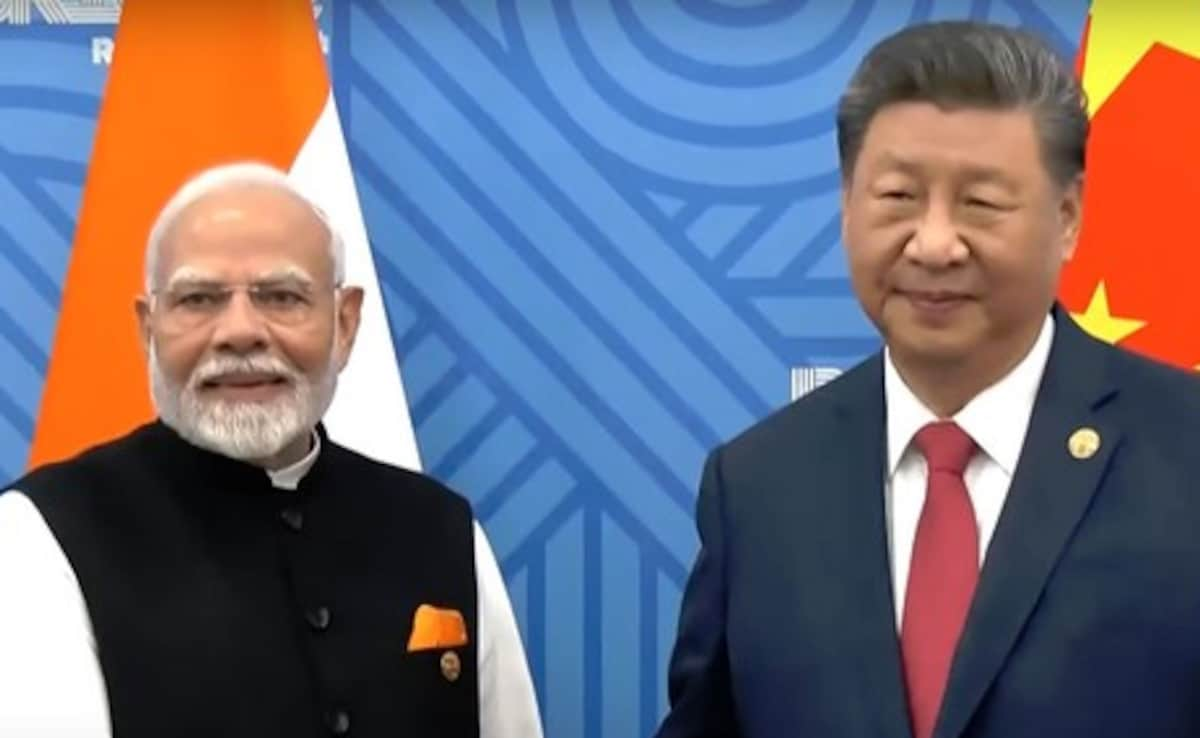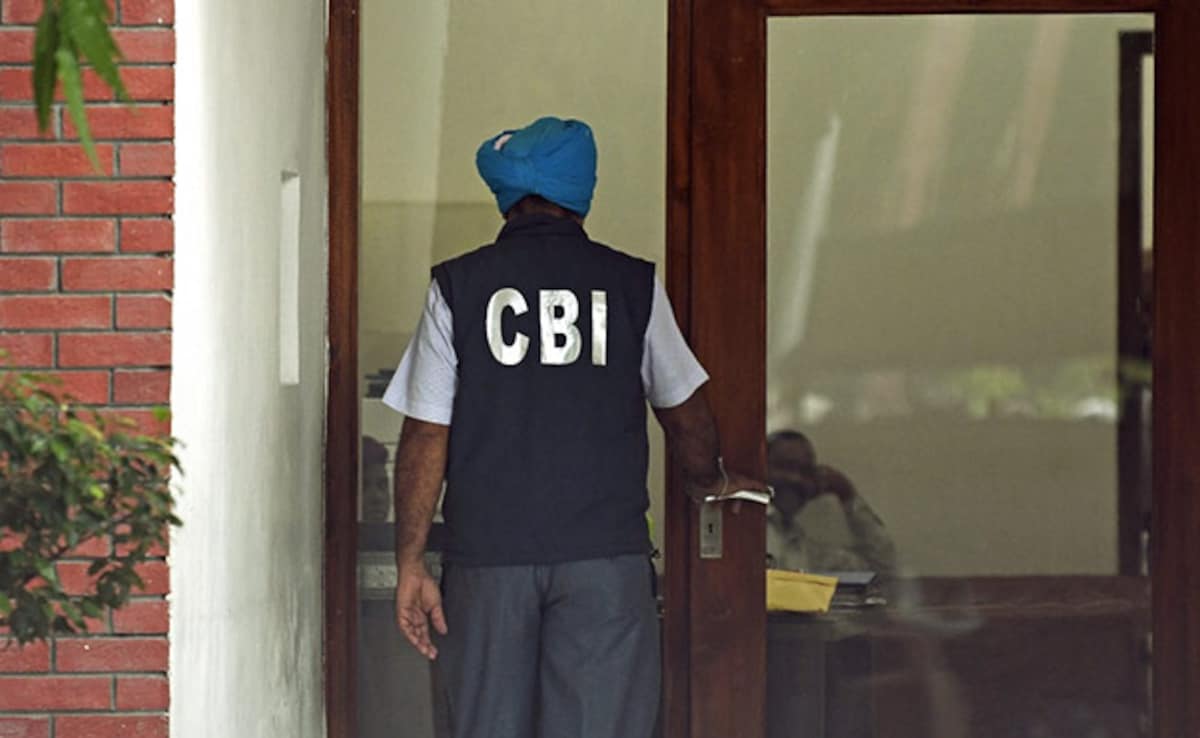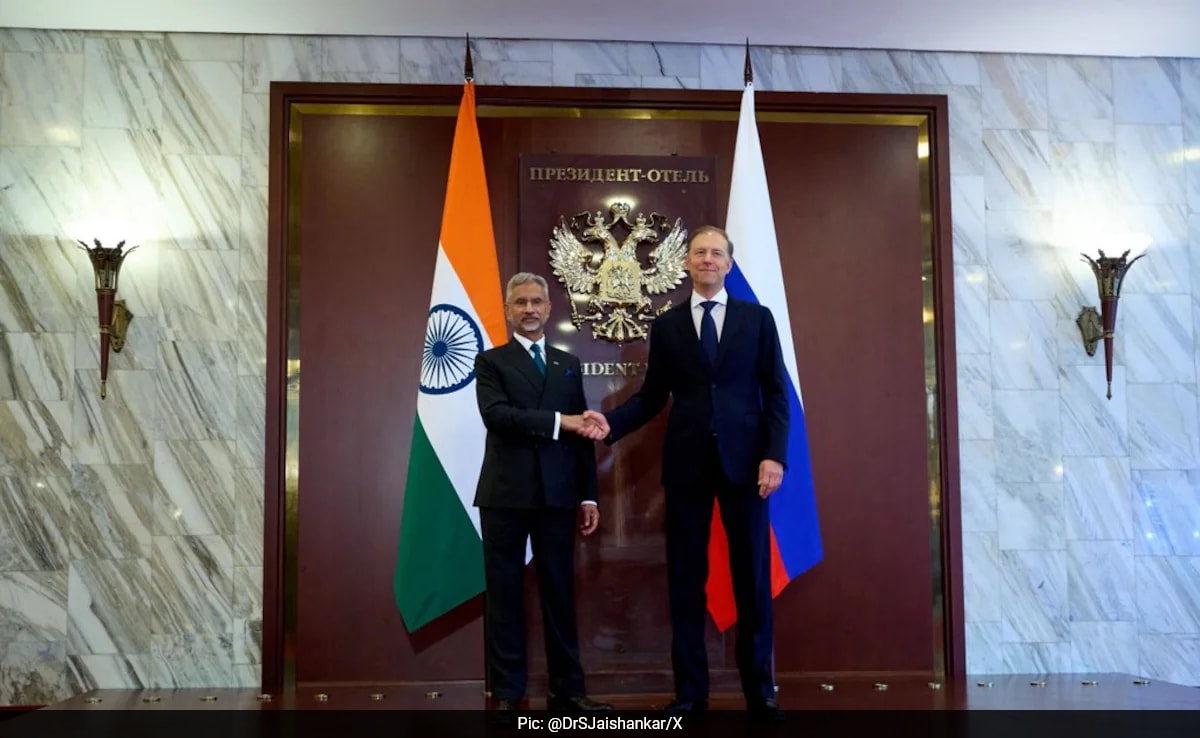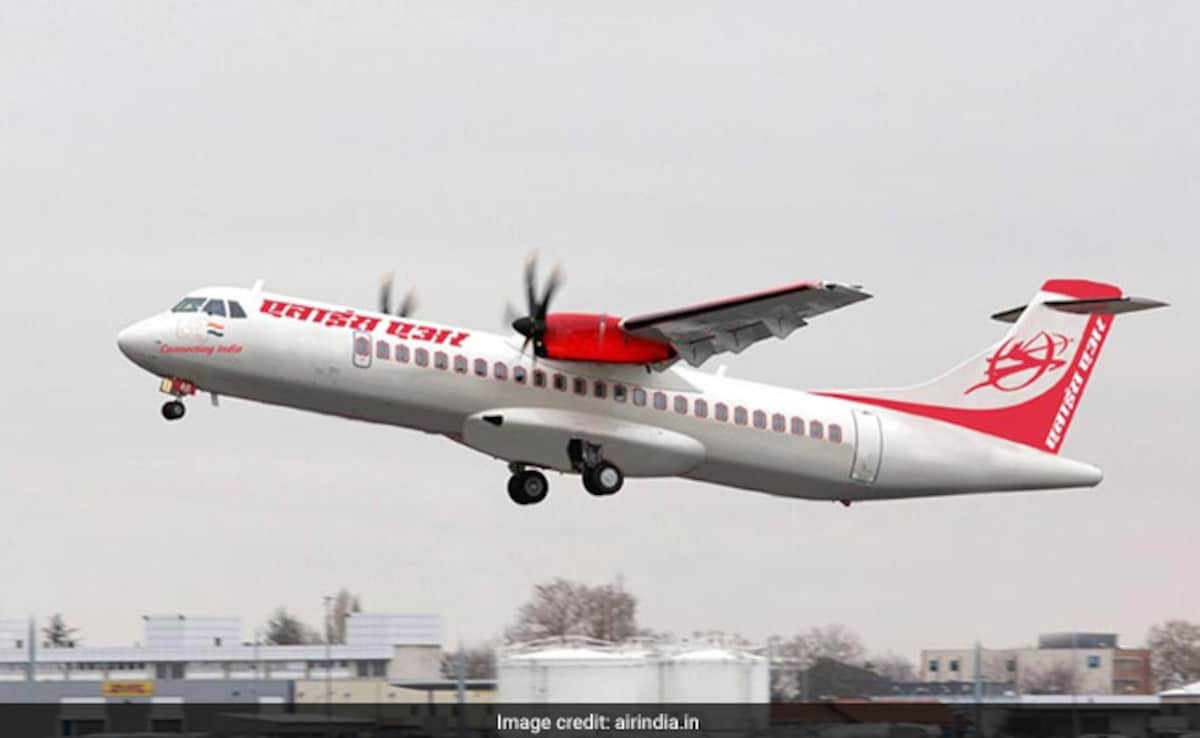India on Wednesday rejected Nepal’s opposition to the resumption of border trade with China through the Lipulekh Pass, calling Kathmandu’s territorial claims “unjustified, untenable, and not supported by historical facts.”
The statement came after Nepal’s Ministry of Foreign Affairs objected to the reopening of India-China trade through the Himalayan pass, a route that cuts through the Kalapani-Lipulekh-Limpiyadhura region. Kathmandu maintains the territory lies within Nepal, citing its map and historical treaties.
Ministry of External Affairs spokesperson Randhir Jaiswal said India’s position was “consistent and clear.”
“We have noted the comments of Ministry of Foreign Affairs of Nepal related to resumption of border trade between India and China through the Lipulekh Pass. Our position in this regard has been consistent and clear. Border trade between India and China through Lipulekh pass had commenced in 1954 and has been going on for decades. This trade had been disrupted in recent years due to Covid and other developments, and both sides have now agreed to resume it,” he said in a statement.
Mr Jaiswal called it a “unilateral act” and termed as “untenable” the “artificial enlargement” of the territorial claims by Nepal. India maintains Lipulekh, Kalapani and Limpiyadhura belongs to it.
Addressing Nepal’s objections, Mr Jaiswal said, “As regards territorial claims, our position remains that such claims are neither justified nor based on historical facts and evidence. Any unilateral artificial enlargement of territorial claims is untenable. India remains open to constructive interaction with Nepal on resolving agreed outstanding boundary issues through dialogue and diplomacy.”
Nepal shares a border of over 1,850 km with five Indian states – Sikkim, West Bengal, Bihar, Uttar Pradesh and Uttarakhand.
On Wednesday Nepal said that the territory is its inseparable part and also incorporated in its official map.
“The Nepal government is clear that Limpiyadhura, Lipulekh and Kalapani, situated East of Mahakali river, are inseparable parts of Nepal. These are also officially incorporated in the Nepalese map, included in the Constitution as well,” the Nepal foreign ministry said.
A joint document released on Tuesday after wide-ranging talks in New Delhi between Chinese Foreign Minister Wang Yi with External Affairs Minister S Jaishankar, National Security Advisor Ajit Doval and Prime Minister Narendra Modi, said both sides agreed to re-open border trade through the three designated trading points, namely Lipulekh Pass, Shipki La Pass and Nathu La Pass.
The Nepal foreign ministry statement comes in response to questions raised by Nepalese media regarding the announcement by India and China to resume border trade through Lipulekh.
“It is a well-known fact that the Nepal government has been requesting the government of India not to construct or expand roads and indulge in any kind of activity such as border trade in the territory,” read the statement issued by spokesperson of the foreign ministry, Lok Bahadur Chhetri.
“It is also well known that the Nepal government has already informed the government of China that the area lies in Nepalese territory,” it added.
“The Nepal government is committed to resolving the border issue between the two countries through diplomatic channels on the basis of historical treaty – agreement, facts, map and other evidence complying with the spirit of cordial and friendly relations existing between Nepal and India,” read the statement.
On June 18, 2020, Nepal completed the process to update the country’s political map by incorporating three strategically important areas Lipulekh, Kalapani and Limpiyadhura areas by amending its Constitution.




